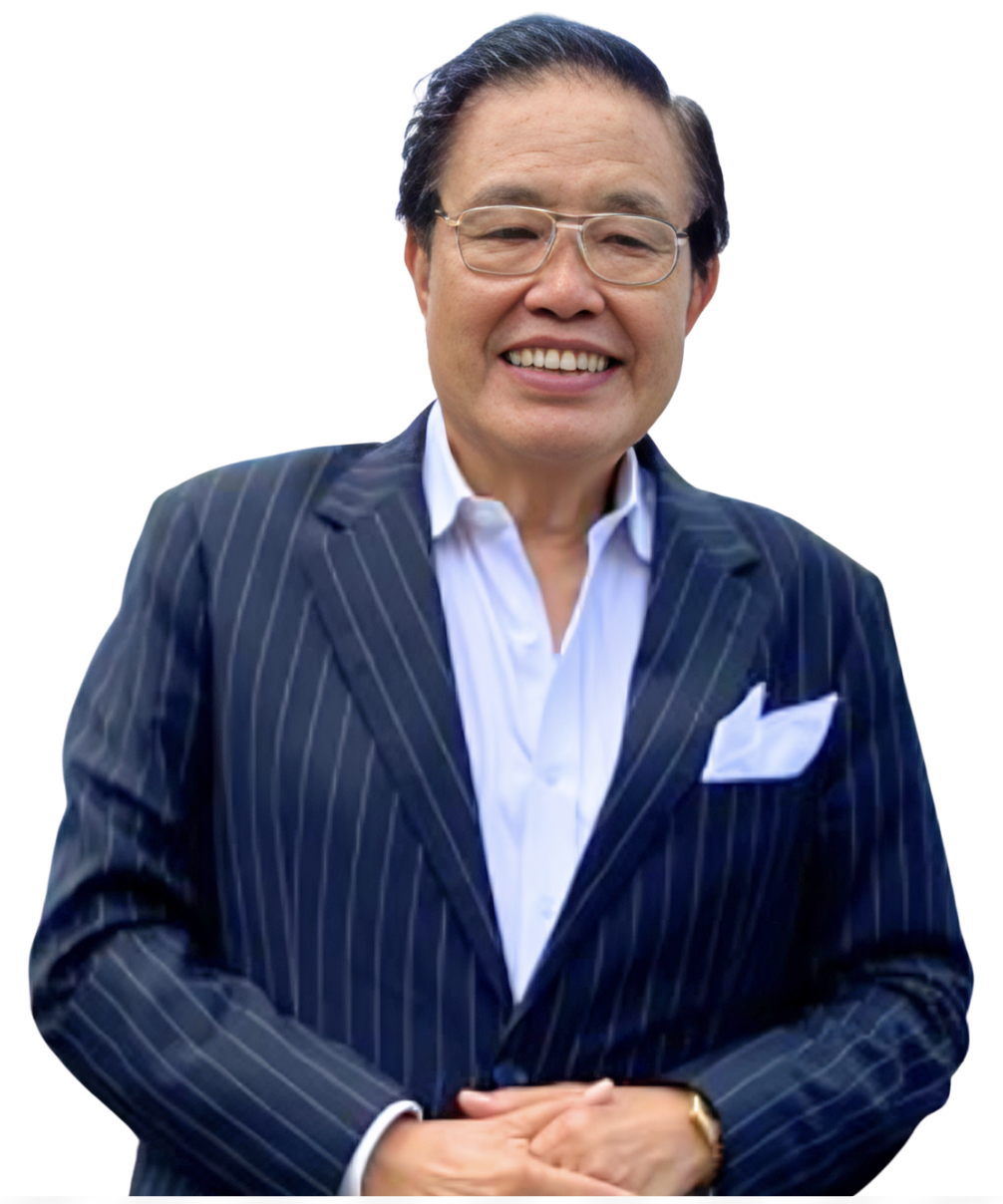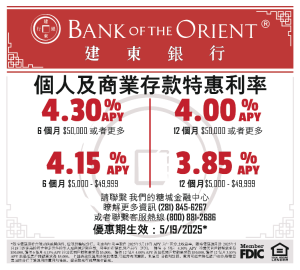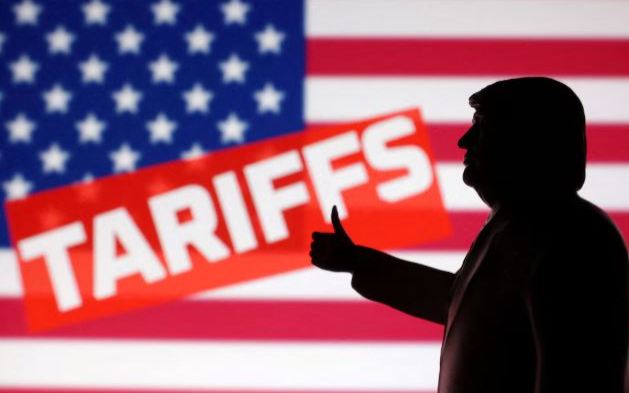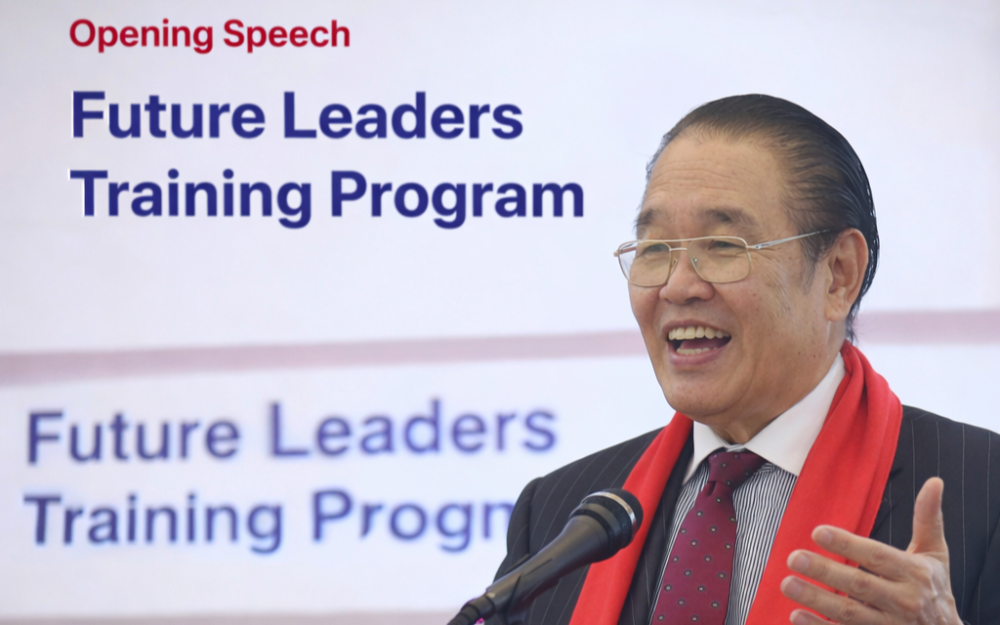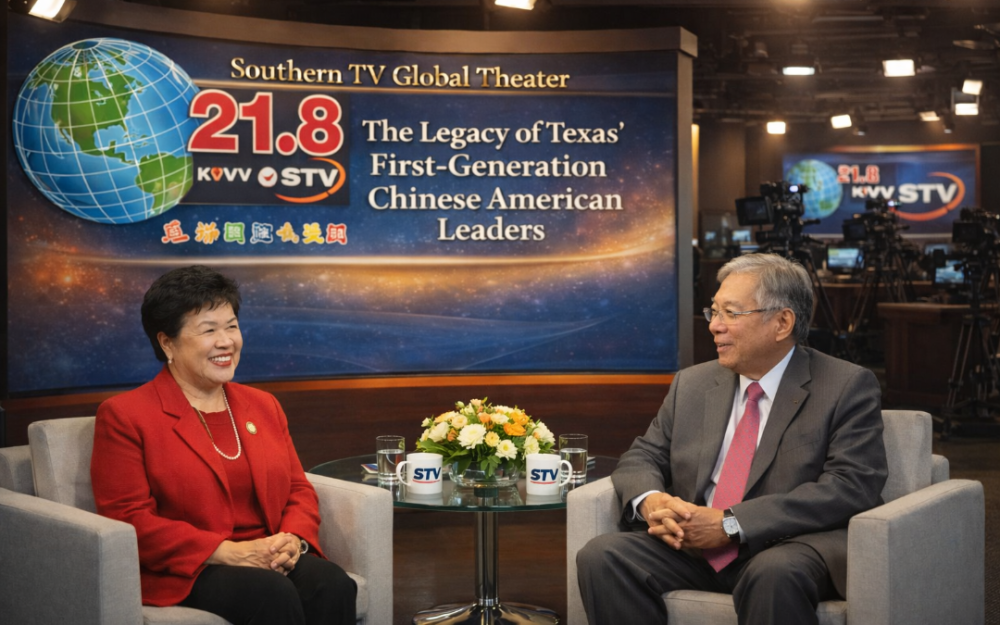纽约政治变天:从金融之都到进步左翼的新实验场 新的年轻市长
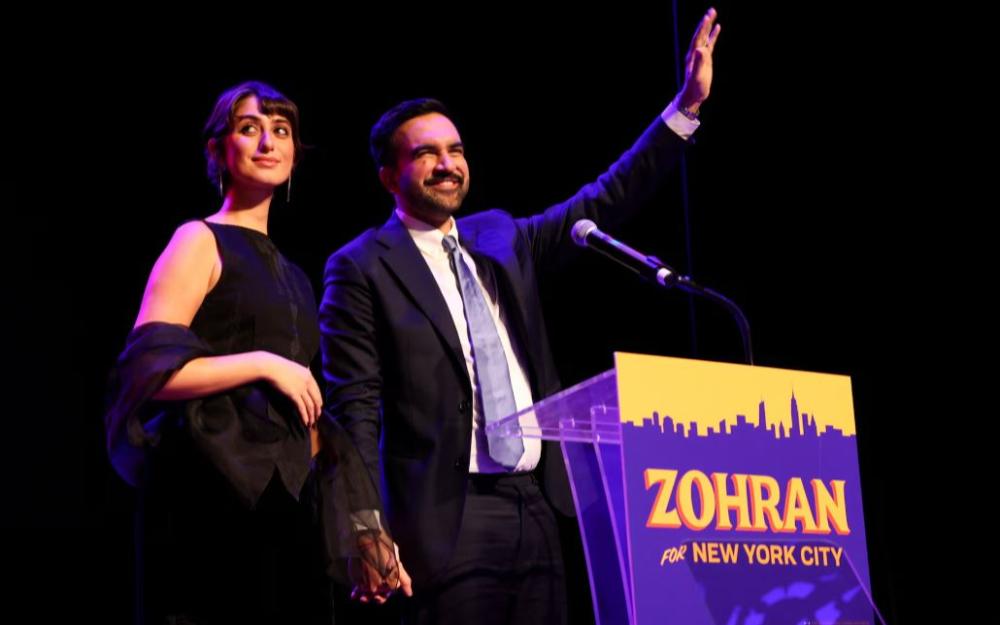
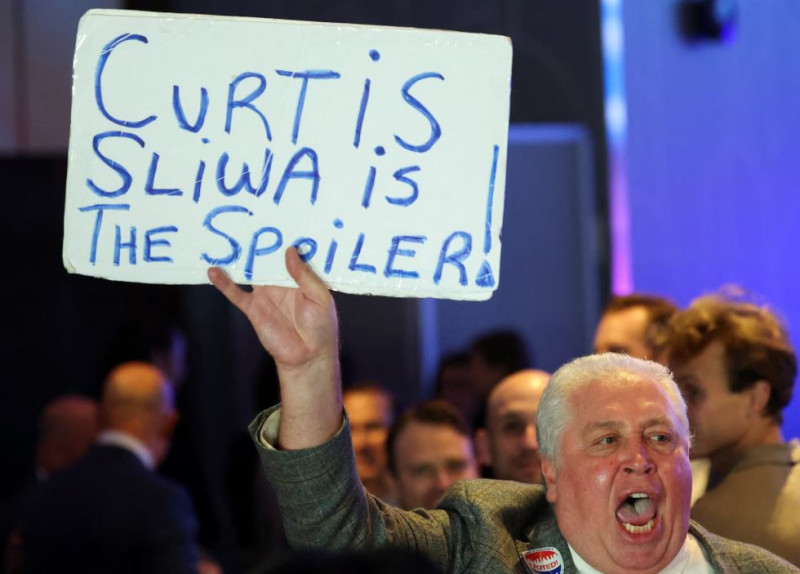
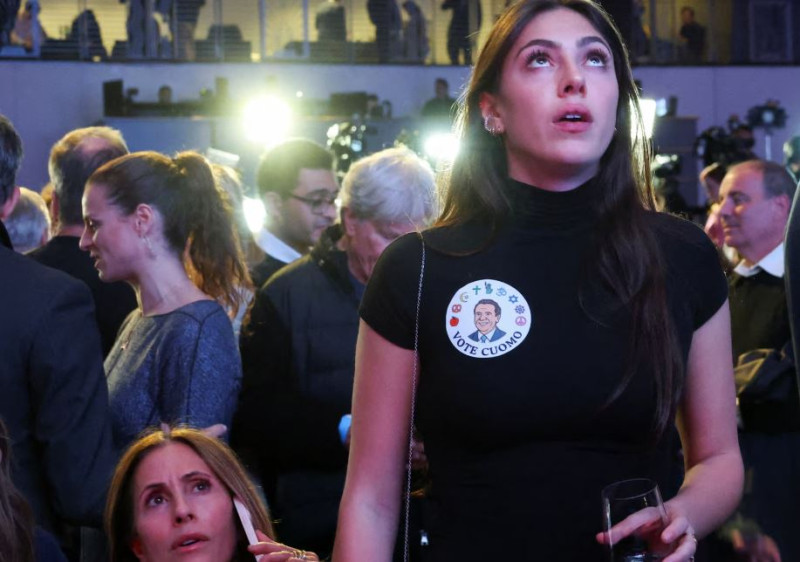
(照片来源: Reuters )
纽约政治变天:从金融之都到进步左翼的新实验场 新的年轻市长
在这个秋风骤起的十一月,纽约的天气转冷了——但更冷冽的,或许
一场象徵性的选举:Mamdani 的崛起
2025年的纽约市长选举,已被不少观察家形容為一场「世代交替
来自皇后区的年轻穆斯林议员 Zohran Mamdani,在民主党初选中大胜老牌政治人物、前州长安德鲁
在纽约街头、地铁站与公寓区,这场选举的热度并非来自传统的政治
為什麼说「变天」?
纽约长久以来是民主党的大本营,但过去的民主党,多是商业界与劳
「变天」的意涵,不只是政党轮替,而是政治哲学的更迭。Mamd
进步与风险并存的十字路口
政治的浪潮总带来希望与不安并存的张力。Mamdani当选,他
• 租金冻结与住房改革:可能為低收入家庭带来喘息空间,但也可能引
• 公共交通免费化:理念动人,实施却需要庞大的财政支持,考验市政
• 企业税与收入再分配:可能让城市更公平,也可能令企业与富裕阶层
对纽约而言,这不仅是一场选举的胜负,更是一场关於城市灵魂的辩
这座城市究竟是「华尔街的纽约」,还是「人民的纽约」?
全国政治的风向标
纽约从来不只是纽约。作為全美最大都市,其政治变化往往具有风向
Mamdani 的胜出若成真,意味着民主党内部的「青年化与左倾」已不可逆转。
结语:变天之后的黎明
纽约的天变了。风更冷,夜更长,但黎明或许也更近。
城市的命运,如同那座闪耀於哈德逊河畔的天际线——在动盪与光影
一种能让所有人被看见、被倾听、被尊重的政治。
变天,不只是结束,也可能是一个新的开始。
New York’s Political Earthquake: From Financial Capital To Progressive Experiment
This November, as cold winds sweep through the streets of Manhattan, the chill in the air feels more than seasonal — it’s political. New York City, long governed by moderate Democrats and pragmatic administrators, is experiencing a profound shift. The world’s financial capital may soon become the nation’s boldest laboratory for progressive politics.
⸻
A Symbolic Election: The Rise of Zohran Mamdani
The 2025 New York City mayoral race has been described by many observers as a generational revolution. Zohran Mamdani — a young Muslim assemblyman from Queens and self-described democratic socialist — stunned the political establishment by defeating former governor Andrew Cuomo in the Democratic primary. His campaign, centered on rent freezes, free public transit, and corporate tax reform, struck a powerful chord among younger voters and working-class New Yorkers frustrated by inequality, unaffordable housing, and rising crime.
Across subway platforms and crowded apartment blocks, his message spread not through traditional party machinery, but through a sense of shared disillusionment. For many, Mamdani represents not just a candidate but a promise — a vision of an alternate future where politics serves people, not power.
⸻
Why “Political Change of Heaven” — A True Turning Point
For decades, New York’s Democratic establishment has thrived on compromise — balancing labor and business, governance and growth. But that balance is cracking.
The phrase “political change of heaven” captures something deeper than a mere shift in leadership. It signals a transformation of political philosophy itself. Mamdani embodies not the managerial Democrat of the Bloomberg or Adams era, but a grassroots movement demanding structural change. His rhetoric is bolder, his agenda more idealistic, and his challenge to entrenched interests more direct.
New York now stands as the testing ground for a critical national question:
Can the ideals of social justice, economic equality, and public empowerment survive the realities of governing America’s largest metropolis?
⸻
Hope and Risk at a Crossroads
Every revolution carries both promise and peril. If Mamdani takes office, his agenda could reshape New York City’s landscape:
• Rent and Housing Reform: Rent freezes could provide relief for struggling tenants, but would risk shrinking private investment and housing supply.
• Free Public Transit: A visionary policy that would require massive fiscal commitment, testing the limits of municipal budgets.
• Corporate and Wealth Taxes: Designed to redistribute opportunity, yet likely to trigger pushback from Wall Street and affluent residents.
At its heart, this is more than policy — it’s an identity struggle. What kind of city does New York want to be? The New York of Wall Street — or the New York of the people?
⸻
A National Bellwether
New York is never just New York. As America’s largest and most influential city, its political trajectory often sets the tone for the nation. A decisive leftward turn in New York could reverberate far beyond its five boroughs, reshaping the Democratic Party’s internal balance and influencing both the 2026 midterms and the 2028 presidential race.
If Mamdani’s victory holds, it would signal that the Democratic Party’s youthful, progressive transformation is not a passing trend but a structural realignment. Republicans, in turn, could use New York’s leftward shift as a rallying cry — portraying it as a cautionary tale for suburban and middle-class America.
⸻
Conclusion: The Dawn After the Storm
Yes, New York’s weather has changed — and so has its political climate. The winds are colder, the nights longer, but dawn may be near.
The city’s destiny, like its glittering skyline, is forged in light and turbulence. Mamdani may not transform New York overnight, but his rise reveals something powerful: the city’s enduring hunger for justice, voice, and visibility.
This political “change of heaven” is not merely an end — it may be the beginning of a new chapter in the story of democracy itself.


